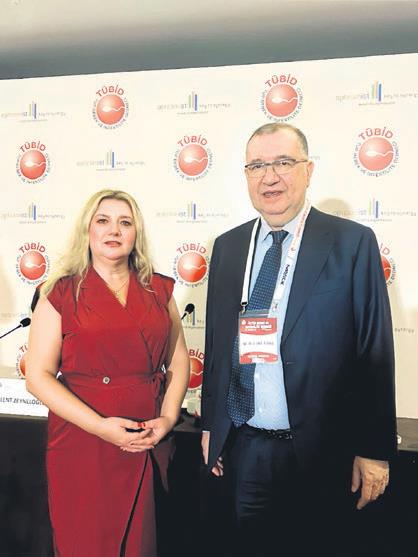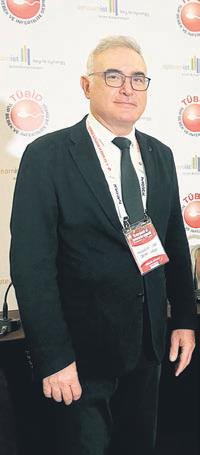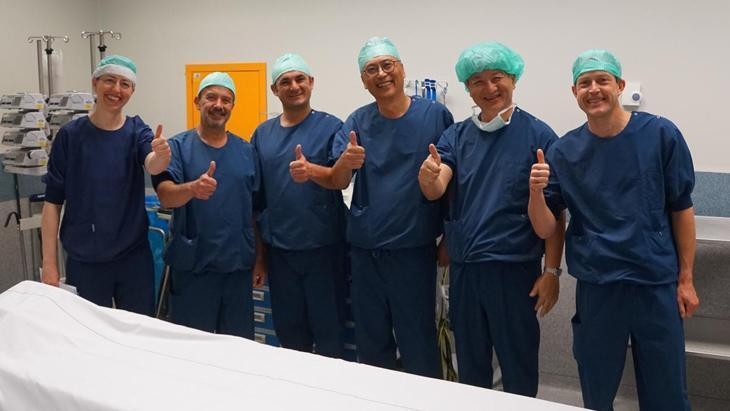Türkiye is a global center for in vitro fertilization treatments

I met with Prof. Dr. Bülent Tıraş, President of the In Vitro Fertilization and Infertility Association (TÜBİD), at the fourth annual congress this year. He stated that Türkiye, ranking among the top three countries in Europe in terms of treatment success in IVF, is a global hub. Prof. Dr. Tıraş said, "Many patients come to our country from Europe, America, Africa, and other surrounding countries."
NEW TREATMENTS Prof. Dr. Tıraş noted that the incidence of premature menopause and a significant decrease in egg count in women, for reasons unknown, is increasing, and added that new treatments are being developed to address this. These include cellular or new biological therapies such as PRP and exosomes.

TURKS DID IT Prof. Dr. Tıraş, describing the study conducted by Turkish doctors for the first time in the world, said, "Our study was published in America and China. It includes not only women but also men. In our study on women, we applied only PRP to the first group. Only exosomes to the second group. We applied both to the third group. While the pregnancy rate in the women in the first and second groups was around 25 percent, we saw that the success rate rose to 38 percent in the group where PRP and exosomes were applied together. There is no other study like this in the world."

Prof. Dr. Tıraş, noting that there has been a significant increase in male infertility, explained their study on men as follows: "Thirty men with no sperm participated in the study. In patients who underwent PRP, sperm output was approximately 30 percent. We applied it to patients who had previously undergone microTESE once or twice, and sperm output was found to be around 30 percent. Now, when we add exosomes to this, the data has increased to 47 percent."
MOTHERHOOD WILL BE POSSIBLE AT A LATE AGE TÜBİD Vice President Prof. Dr. Hulusi Bülent Zeyneloğlu stated that research is underway on a drug to address ovarian aging, saying, "The biggest problem is the gradual shrinkage and concretion of ovarian tissue, in other words, fibrosis. If this fibrosis problem can be resolved, it will address the problems of young people and older patients whose egg counts are rapidly decreasing. It's currently at an experimental stage. Waking these hardened eggs will be like 'waking up a sleeping Snow White.' Motherhood will be possible even at a later age."

CHRONIC STRESS ADVANCES MENOPAUSE BY 3 YEARS Prof. Dr. Zeyneloğlu, noting that women's marriage age is being delayed due to career aspirations in society, said: "In Turkey, there are plans for careers, then marriage, and then children, but couples who don't have children experience significant stress. Chronic stress brings menopause forward by 2-3 years. If they don't manage their stress effectively, it also affects their ovaries. Therefore, when our patients come in, we explain this situation to them and recommend lifestyle changes with the support of a psychologist and psychiatrist. The pregnancy rate in these patients has more than tripled. When we reduce stress, patients can conceive spontaneously."
sabah





